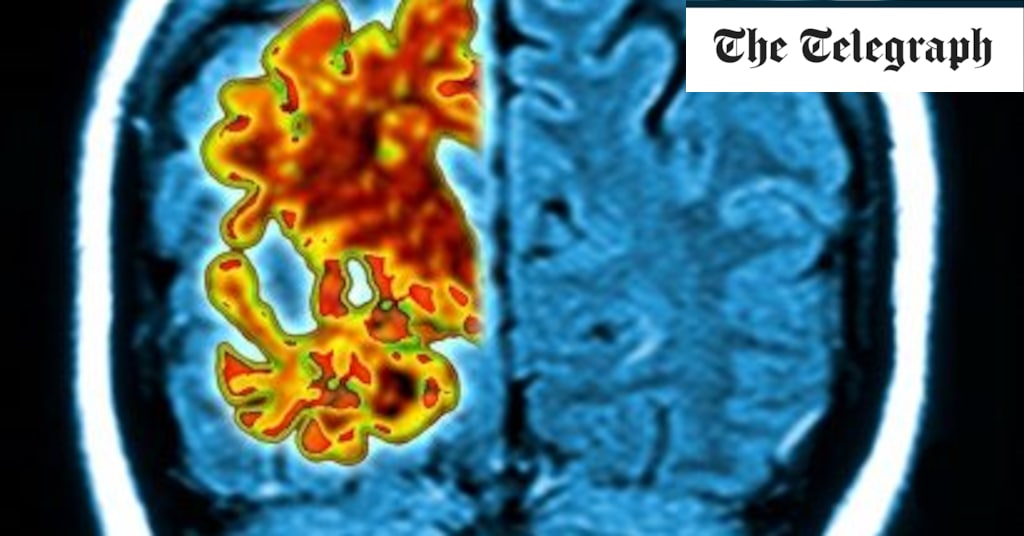Iain
Jedi
A growth hormone given to 1,800 children of 'short stature' between 1959 and 1995 was withdrawn after it was discovered to trigger Creutzfeldt-Jakob disease (CJD). It has now been discovered that 5 people are believed to have then developed Alzheimer's disease.
The growth hormone itself was extracted from corpses…

 www.telegraph.co.uk
www.telegraph.co.uk
The growth hormone itself was extracted from corpses…

Alzheimer’s passed to patients from corpses
Five people treated with tainted human growth hormone found to have developed symptoms of the disease despite being aged just 38 to 55
British scientists initially stumbled across the discovery while studying the brains of eight people who died of CJD after being injected with a human growth hormone.
Unexpectedly, four of the patients had huge levels of amyloid beta protein – a sticky deposit that forms among brain cells and stops them communicating with each other properly.
Although none had developed dementia, scientists say it is likely they would have, had they lived longer.
Researchers then tracked down the original growth hormone which had been stored by the Department of Health, and found it contained the misfolded amyloid-beta proteins implicated in Alzheimer’s.
When they injected the banned hormone into the brains of mice, the animals began to develop the signs of neurodegenerative disease.
Scientists discovered that five people treated with the hormone have developed the symptoms of Alzheimer’s disease despite being aged just 38 to 55. None were at genetic risk for the condition.
It is thought that the misfolded amyloid proteins clump together in “stacks” that grow over time until they get so long that they snap, creating new “seeds”.
Each seed continues to grow, until this unfettered accumulation of amyloid in the brain starts to kill brain cells.
The study only looked at the records of 8 people given the growth hormones, so, unless this sample had an extremely high incidence of neuro-degeneration, it is likely that many more of the 1,800 originally treated would have the same high levels of amyloid beta protein.There have been no reported cases of Alzheimer’s acquired from any other medical or surgical procedures but the experts said it was important to review measures and possibly bring in better decontamination methods for surgical equipment.
The team also discovered that the amyloid proteins come in different strains, like viruses, and drugs which target the main strain could allow less dominant forms to develop, which are untreatable.
